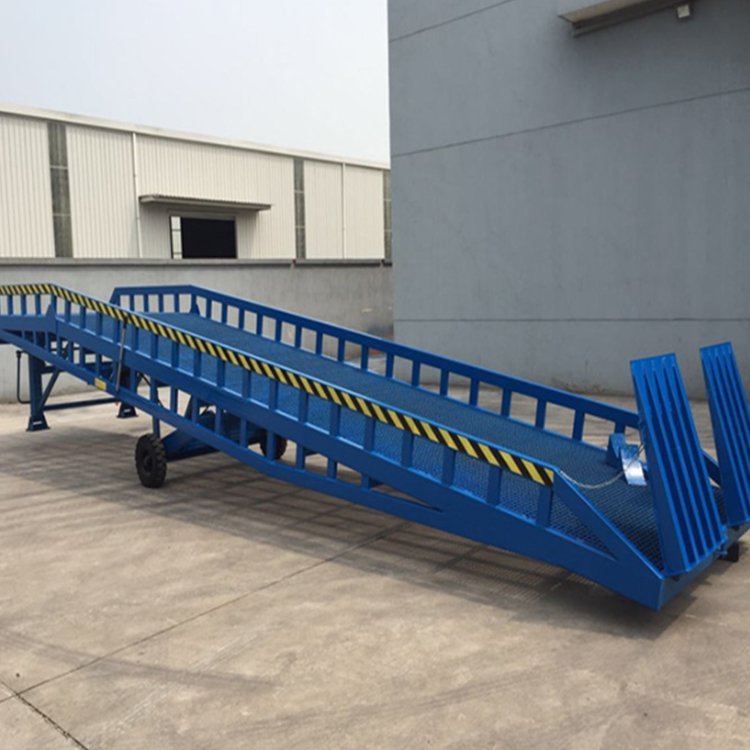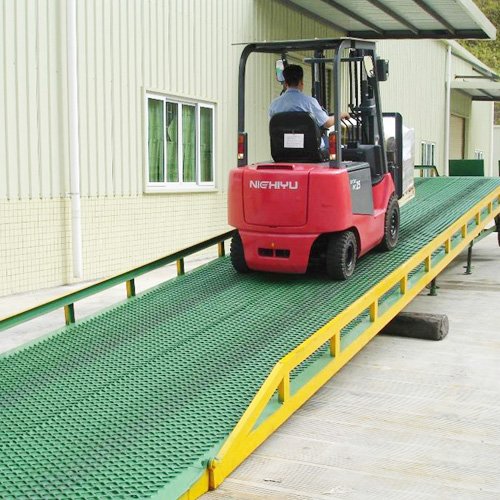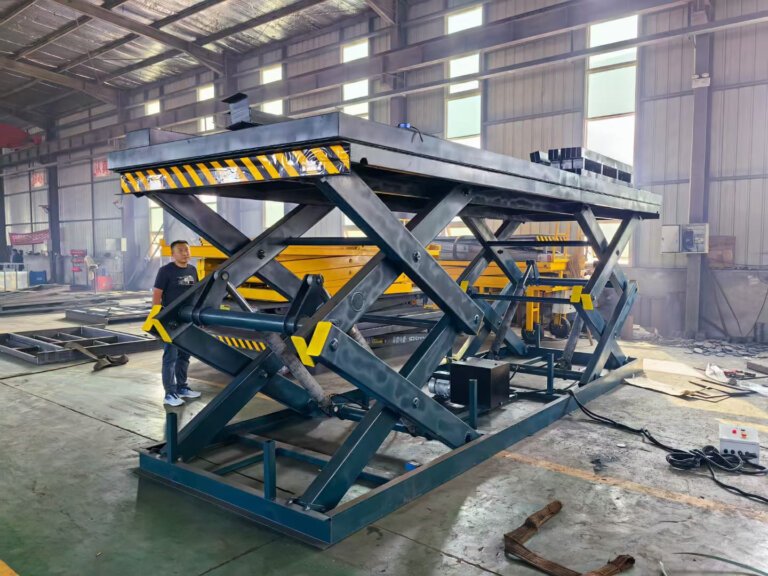When you’re considering transporting your horses, one of the most crucial aspects to think about is the weight of your 2-horse trailer. This weight not only affects the trailer’s capacity but also determines which vehicles are capable of safely towing it. In this article, we’ll explore the weight range of a typical 2-horse trailer, discuss various common models and their weights, and consider the towing vehicles best suited for these trailers.
Understanding the Weight of a 2-Horse Trailer
A 2-horse trailer is specifically designed to carry two horses at a time. Typically, it weighs between 2,000 lbs and 3,000 lbs (907 kg to 1360 kg), but the exact weight depends on several factors such as the materials used, the type of trailer (bumper-pull or gooseneck), and whether any additional features are included (such as living quarters, tack rooms, or upgraded suspension systems).
The weight of a 2-horse trailer can vary within this range based on the following considerations:
a. Type of Trailer
Bumper-Pull Trailers: A bumper-pull 2-horse trailer is attached to the towing vehicle via a hitch at the back of the car or truck. These trailers are generally lighter and more affordable.
Typical Weight: 2,000 lbs to 2,500 lbs.
Gooseneck Trailers: A gooseneck 2-horse trailer connects to the bed of a truck via a gooseneck hitch. These trailers tend to be heavier but provide better stability and higher towing capacity.
Typical Weight: 2,500 lbs to 3,500 lbs.
b. Materials Used
Aluminum: Lighter than steel and rust-resistant. Full aluminum trailers tend to be more expensive but lighter.
Steel: Heavier but cheaper. Steel trailers are durable and more affordable.
c. Features and Add-ons
Living Quarters and Tack Rooms: If the trailer includes additional features like a living area or a tack room, it will be significantly heavier.
Heavy-Duty Suspension: Some 2-horse trailers are equipped with heavy-duty suspension systems designed for higher weight loads, which can also increase the trailer’s weight.
d. Trailer Design
Enclosed vs. Open Trailers: Enclosed trailers are typically heavier than open-air designs because they include solid walls and roofs, which protect horses from the elements during transport.
Dual Axles: A two-axle trailer is generally heavier than a single-axle trailer because it’s built to carry more weight and offers better stability.

Common 2-Horse Trailer Models and Their Weights
Towing Vehicles for a 2-Horse Trailer
Selecting the right vehicle to tow your 2-horse trailer is just as important as choosing the right trailer itself. The weight of the trailer, along with the load of the horses, will determine the towing capacity required from your vehicle. Here’s a breakdown of what you need to consider for various types of vehicles.
a. For a 2-Horse Bumper-Pull Trailer
Suitable Vehicles: A mid-size SUV (e.g., Ford Explorer, Chevrolet Tahoe) or a half-ton pickup truck (e.g., Ford F-150, Ram 1500).
Towing Capacity: These vehicles typically have a towing capacity of 5,000 to 7,000 lbs, which is more than enough to tow a 2-horse bumper-pull trailer along with two horses.
Example Tow Vehicles:
Ford F-150:
With a maximum towing capacity of up to 12,000 lbs (depending on configuration), the F-150 can easily tow a 2-horse bumper-pull trailer.
Chevrolet Tahoe: Offers a towing capacity of up to 8,400 lbs, making it perfect for hauling a 2-horse trailer over longer distances.
b. For a 2-Horse Gooseneck Trailer
Suitable Vehicles: A three-quarter ton or one-ton pickup truck (e.g., Ford F-250, Chevrolet Silverado 2500/3500, Ram 2500/3500).
Towing Capacity: These vehicles are designed to handle more substantial loads and can tow trailers weighing upwards of 8,000 lbs. They are particularly suited for gooseneck trailers, which offer more stability and are better for longer trips or larger horses.
Example Tow Vehicles:
Ford F-250: Can tow up to 12,500 lbs and is perfectly suited for a 2-horse gooseneck trailer.
Ram 3500: With a maximum towing capacity of 35,100 lbs, this vehicle is ideal for handling heavy-duty trailers, including large gooseneck options.
How to Ensure Your Vehicle Can Tow a 2-Horse Trailer
Before you start your journey, you need to ensure that your vehicle is capable of safely towing the trailer. Here are a few key things to check:
a. Towing Capacity
Always check your vehicle’s towing capacity in the owner’s manual or online. This will tell you the maximum weight your vehicle is rated to tow. It’s crucial that your vehicle’s towing capacity is higher than the combined weight of the trailer and the horses inside it.
b. Trailer Brake Controller
If you are towing a larger trailer, especially a gooseneck, you will need a brake controller. This device ensures that the trailer’s brakes work in tandem with your vehicle’s brakes, making it easier to stop safely.
c. Towing Package
Some vehicles come with a towing package that includes a tow hitch, brake controller, and heavy-duty suspension. If your vehicle doesn’t come with this package, it’s worth considering adding it to ensure you can tow the trailer safely.
Conclusion
A 2-horse trailer is an essential tool for horse owners who need to transport their animals safely and efficiently. The average weight of a 2-horse trailer typically ranges from 2,000 lbs to 3,500 lbs, depending on the type of trailer, materials, and added features. When choosing a vehicle to tow a 2-horse trailer, it’s important to ensure that your vehicle’s towing capacity is adequate to handle the trailer and the horses.
For smaller, lighter trailers, a half-ton pickup truck or mid-size SUV may be sufficient. However, for larger, heavier trailers (especially gooseneck trailers), you’ll need a three-quarter ton or one-ton pickup truck. Always make sure to check the towing capacity of your vehicle before heading out on the road to ensure a safe and smooth journey for you and your horses.







